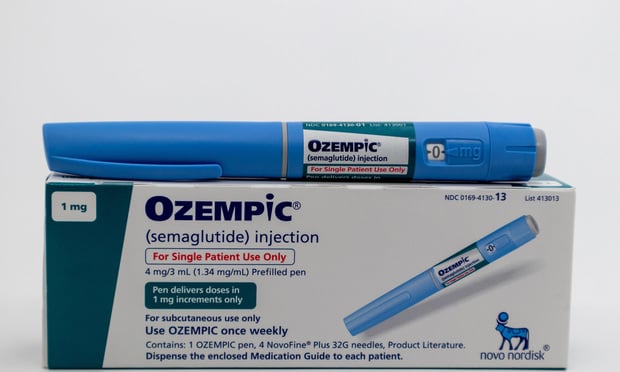Could individuals use "skinny" plans that fail to meet the new minimum essential coverage standards to get out of paying the new penalty?
Maybe.
Gary Cohen, head of the Center for Consumer Information & Insurance Oversight, left that possibility open in a new bulletin on insurance standards.
Recommended For You
CCIIO is the arm of the Centers for Medicare & Medicaid Services directly in charge of implementing many Patient Protection and Affordable Care Act provisions, including the public exchanges, health insurance requirements, and the "shared responsibility" penalties.
HHS would like to see minimum essential coverage plan meet "substantially all" of the standards ordinary, non-grandfathered individual major medical policies are supposed to meet next year.
A proposed plan should offer the essential health benefits package and meet the law's appeals standards, Cohen says.
But "HHS also foresees that there may be situations where recognition of a plan as minimum essential coverage is reasonable and appropriate even where the plan does not meet the 'substantially all' standard," Cohen says. "Accordingly, plans that do not meet all of the foregoing requirements will be evaluated on a case-by-case basis."
PPACA calls for large employers to offer affordable coverage with a minimum value or face penalties.
The law also has a separate rule that requires many individual taxpayers to have minimum essential coverage in place by March 31. Taxpayers who have no insurance, or too little, and fail to qualify for exemptions could end up paying a penalty of $95 or 1 percent of the taxpayer's income, whichever is greater.
PPACA itself designates many types of coverage – including employer-sponsored plans, PPACA-compliant individual policies, and "grandfathered" major medical plans that have remained in place, largely unchanged, since March 23, 2010 – as minimum essential coverage.
In the new bulletin, Cohen says foreign coverage can count for individuals who are out of the United States for at least one day during a month.
Some have asked about the rules that apply to the owners of businesses, including sole proprietors, partners and partners in limited liability companies.
"Any plan, fund, or program that would be minimum essential coverage with respect to an individual but for the fact that the coverage is provided to business owners" will count as minimum essential coverage for the owners, Cohen says.
© 2025 ALM Global, LLC, All Rights Reserved. Request academic re-use from www.copyright.com. All other uses, submit a request to [email protected]. For more information visit Asset & Logo Licensing.







